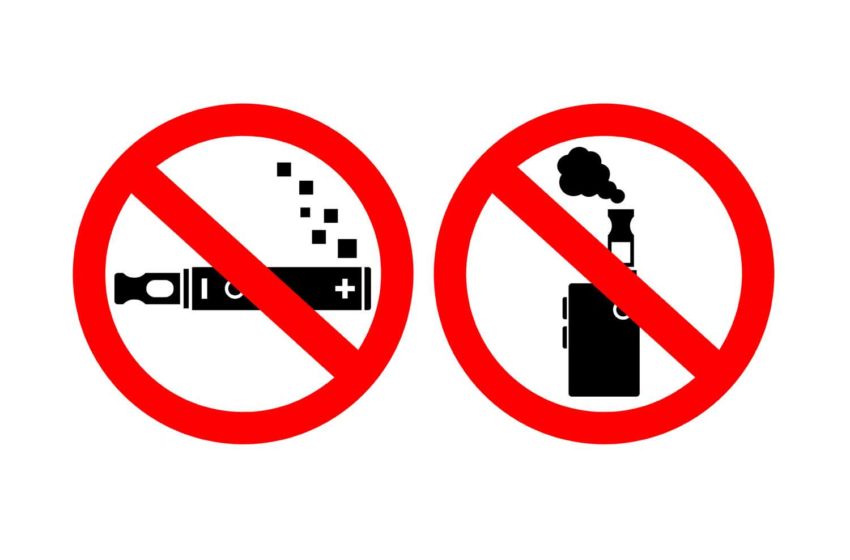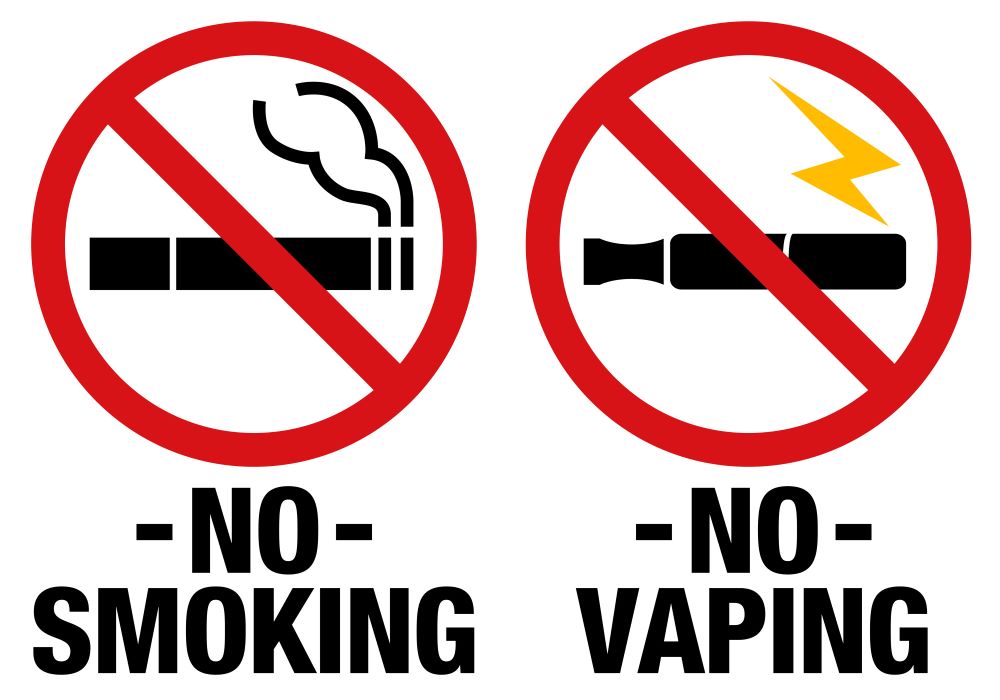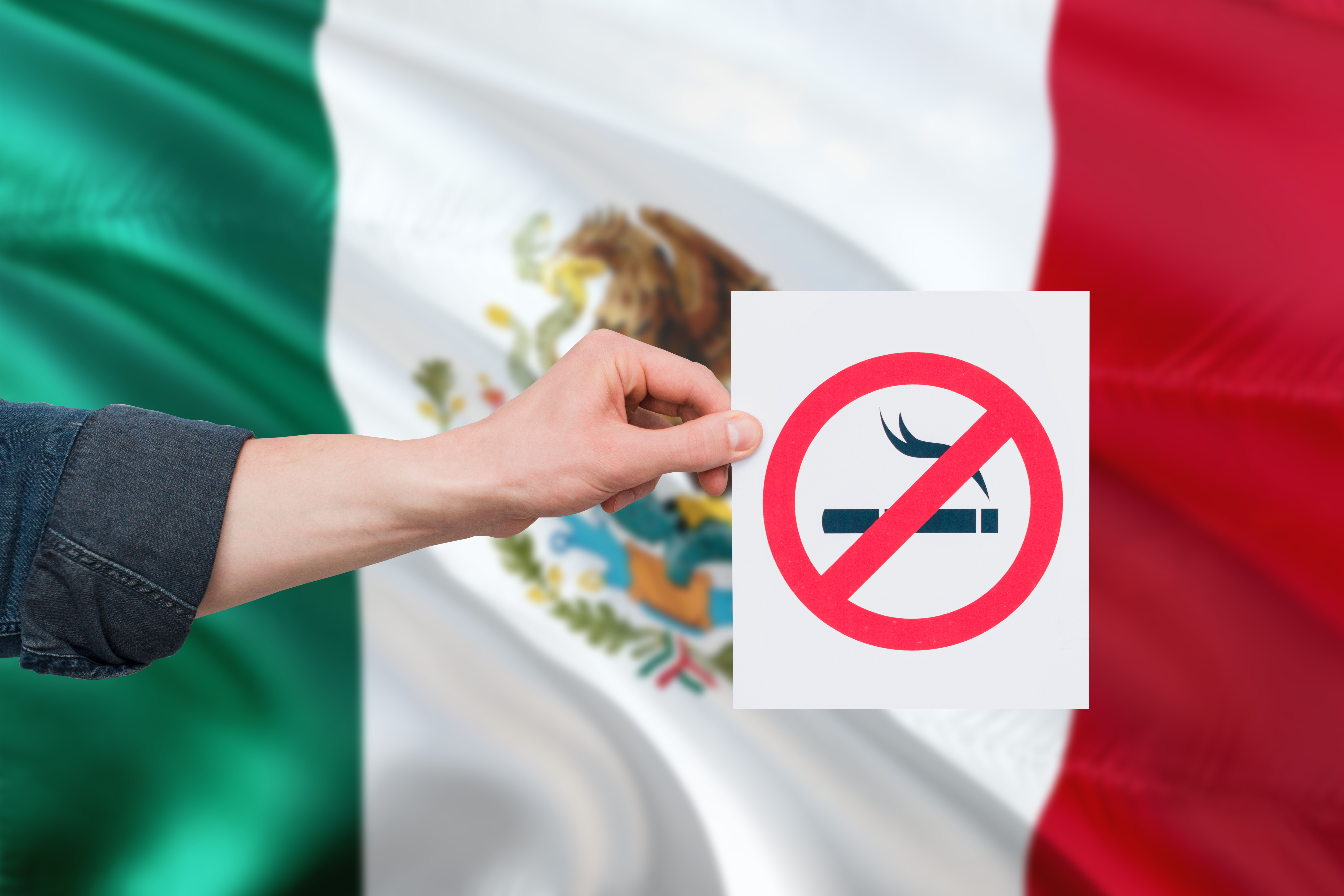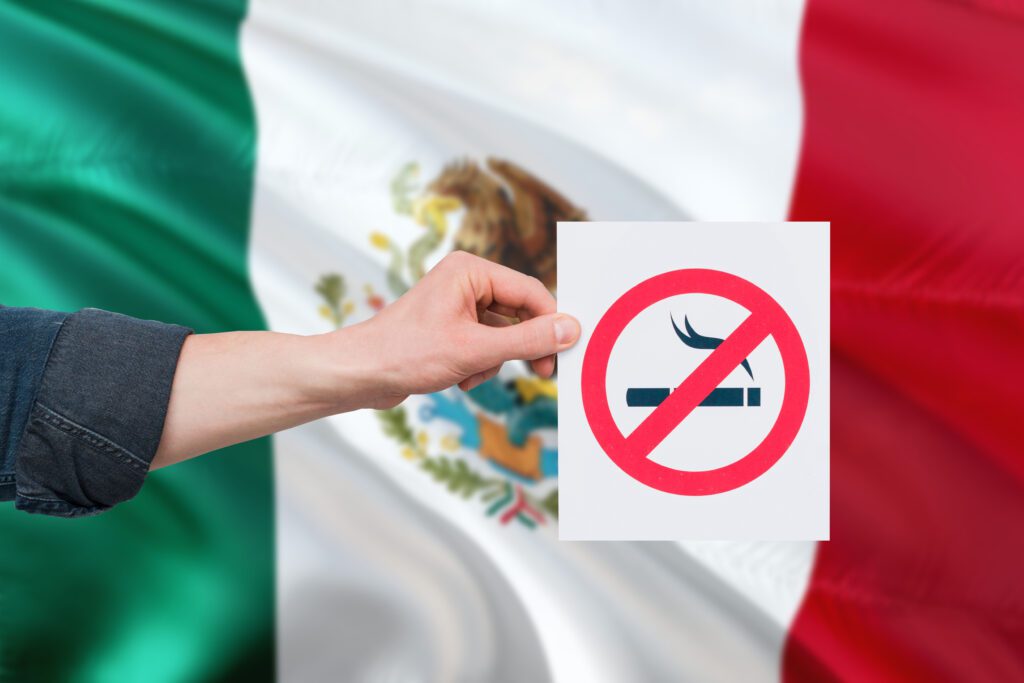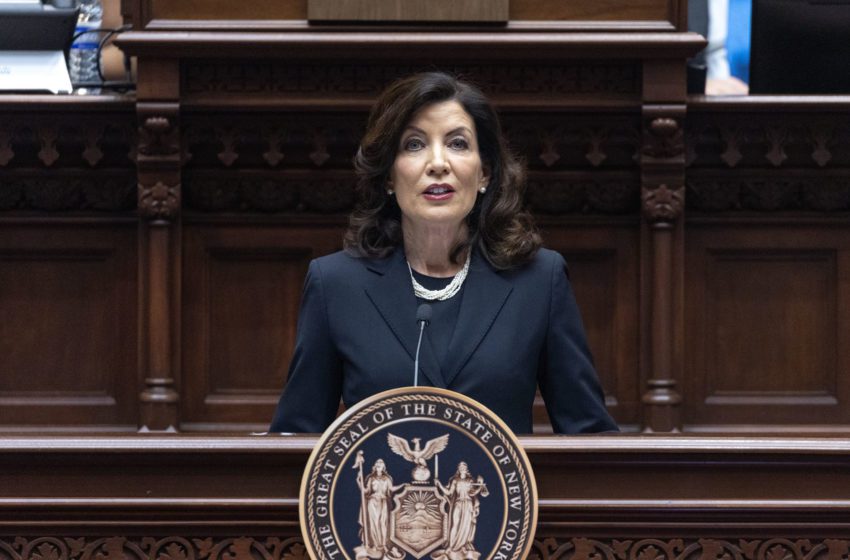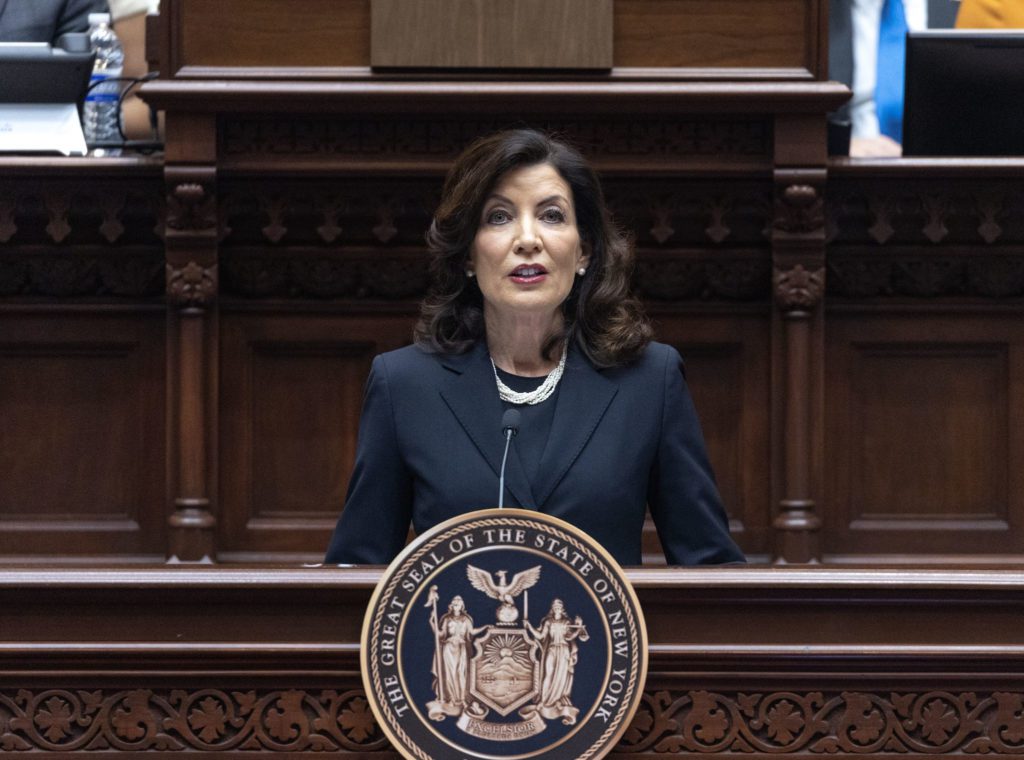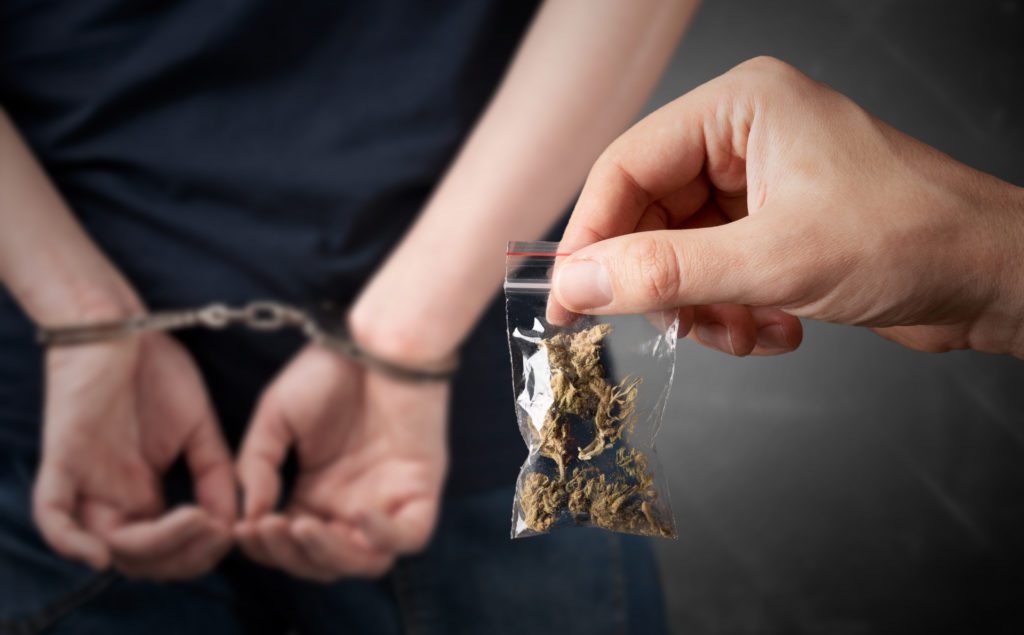
Tobacco harm reduction advocates are keen to clarify controversies surround the science on nicotine and vaping ahead of the Conference of the Parties (COP10) to the World Health Organization’s Framework Convention on Tobacco Control (FCTC), which will take place in November 2023.
The Coalition of Asia Pacific Tobacco Harm Advocates (CAPHRA) has written FCTC delegation heads to help inform their respective countries’ positions.
In its letter, CAPHRA notes that two high-profile studies, which have been quoted by tobacco controllers regarding the dangers of nicotine and vaping, have since been retracted and removed from significant medical journals.
“The first retraction is an article published in February 2022 in The World Journal of Oncology, claiming that nicotine vapers face about the same cancer risk as cigarette smokers,” CAPHRA wrote.
Another article, in the Journal of the American Heart Association, which reported an association between vaping and heart attacks was also retracted. Astoundingly, advocates noted, this article is still used as a reference in the FCTC guidelines around e-cigarettes.

Consumers’ rights to choose to use less harmful products to switch from smoking remain under tremendous threat from FCTC’s continuing failure to address scientific evidence, democratic processes and human rights.
Nancy Loucas, executive coordinator, CAPHRA
In addition, the THR regional advocacy group sent delegates a bibliography of key and current studies that disprove some of the more outrageous claims around harm.
On the supposed “youth vaping epidemic,” CAPHRA noted “a new survey from the Centers for Disease Control and Prevention and Food & Drug Administration suggests that youth vaping rates appear to be dropping, compared to pre-pandemic levels… In fact, youth vaping in the U.S. has plummeted by 60 percent over the past two years.’
“Consumers’ rights to choose to use less harmful products to switch from smoking remain under tremendous threat from FCTC’s continuing failure to address scientific evidence, democratic processes and human rights,” says CAPHRA executive coordinator Nancy Loucas.
The CAPHRA representatives reminded the health leaders that the FCTC has a mandate to pursue Harm Reduction as a core tobacco control policy—a position it has failed to acknowledge or implement since its inception, according to CAPHRA.
“WHO and its FCTC continue to press for signatory states to adopt ever more restrictive policies, including outright bans, based on dubious science. Delegates to COP10 should be representing the rights and aspirations of the citizens,” wrote the CAPHRA member organizations.
“Consumers have the right to make choices that help them avoid adverse health outcomes and smokers have the right to access less harmful nicotine products as alternatives to smoking. Please take account of these rights when making and presenting your submissions to COP10,” the letter concluded.




